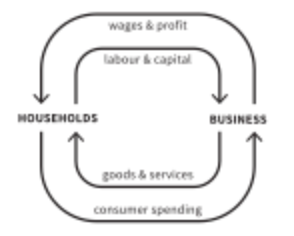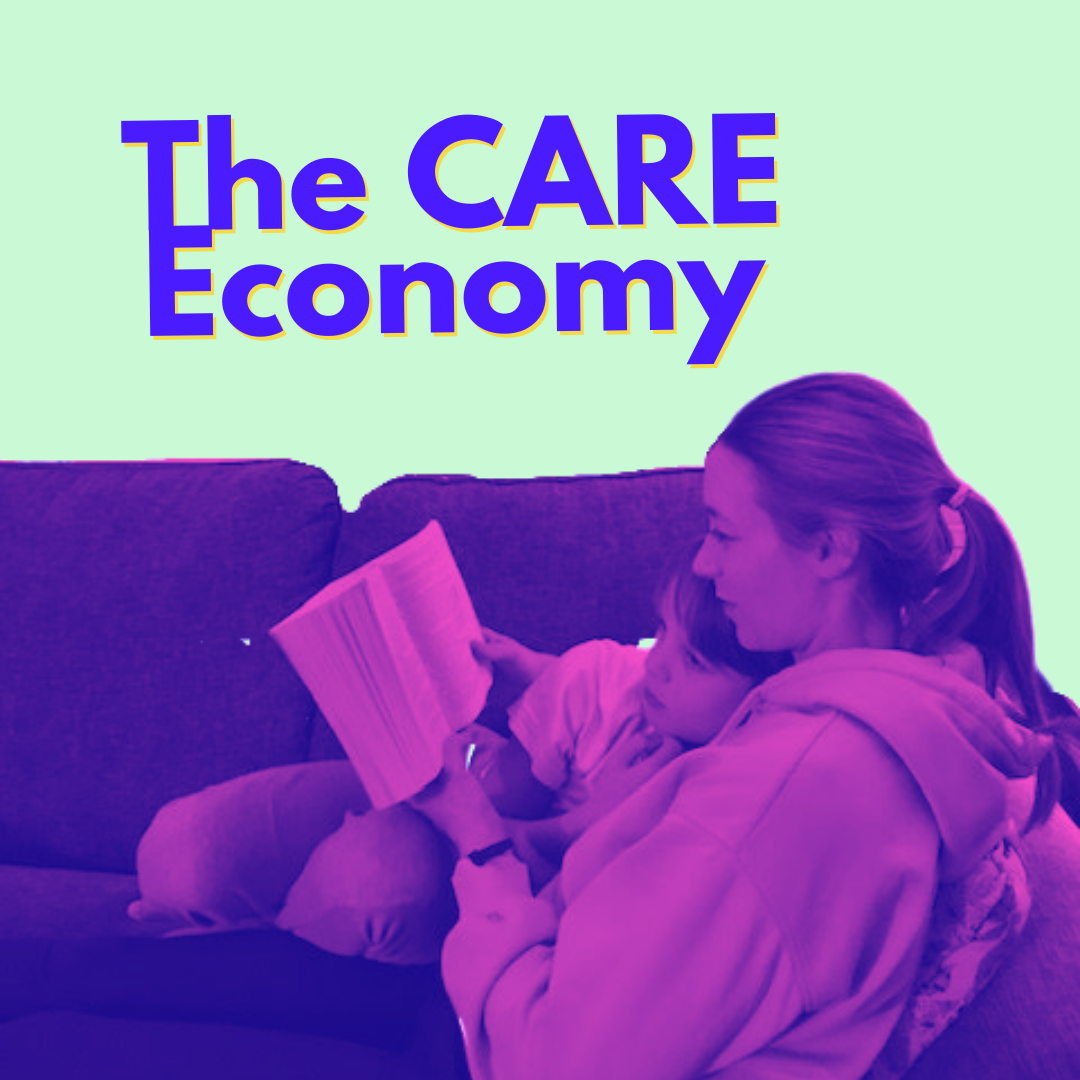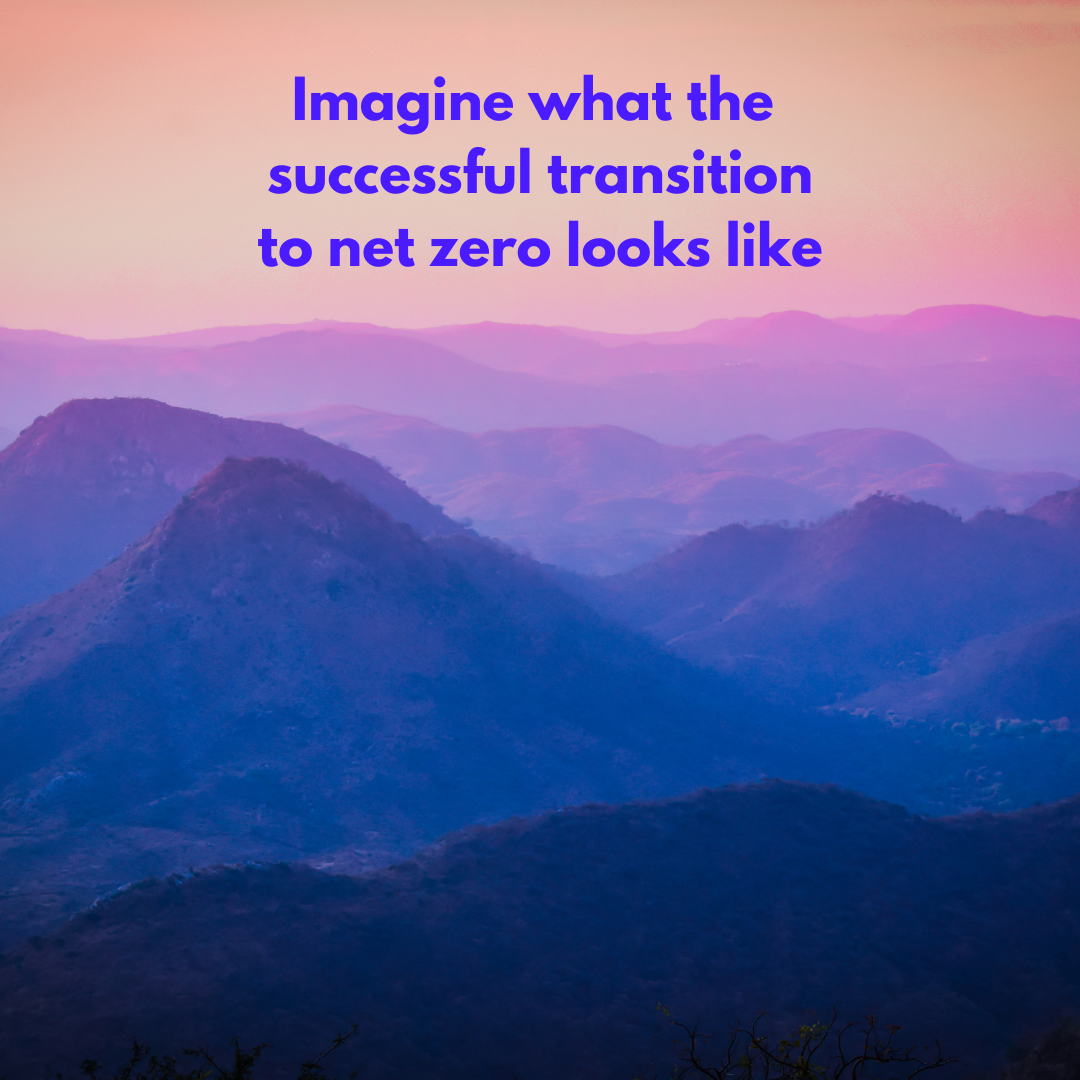Is more money always better? Seems like an obvious answer. But ask yourself - more money for what, with what consequences and for whom. There are countless anecdotes of lonely rich people, high rates of suicide among investment bankers.. At the state level, we produce money like tissue paper at the moment to finance covid, to finance weapons for the war in the Ukraine. Inflation is coming – as the amount of money in circulation increases, it loses its value. OK that was a big one- what about an easier example - What about clothes? Are more clothes always better - how many clothing items could you say are made without plastic and without exploiting workers in a different society?
What if the goal were not more, but better? Not money but well-being, not GDP but human dignity and environmental safety?
Nothing grows forever in nature - Why should economics be any different? When we think about Growth, we should be asking :
When we look at where we are today, the picture is bleak. We have now entered the Anthropocene - the first geological era to be shaped by humans. We have undermined the environment and have overshot what has been defined as a safe planetary boundary in four of nine areas. Moreover, the inequalities between the people in the world have increased dramatically and millions of people are living in shortfall.
We are working with the wrong frameworks, the wrong metrics, the wrong graphs. GDP will not matter when we enter a period of water scarcity or prolonged forest fires or unsafe air quality. We need to give nature a voice, we need to start putting emphasis on what really matters - and to do that we need to change economics.
To take another example - let's look at what get included in classic macro-economic diagrams and what does not : If we look at the Circular Flow Diagram (see below, copied from Doughnut Economics) it is a framework for a neoliberal self-regulating market - which gives some things a price and therefore includes them, and takes some inputs for granted (ie: free) and leaves them out. The most classic examples here are the Care Work provided by the Household, all the caring, feeding, cleaning, backoffice work that enables workers to enter the paid work force and collect wages. And the example of environmental inputs - what does air quality, water usage, wood, heat - what do these inputs cost? Often nothing.
We are painting an incomplete picture, and giving this too much power and authority.

What is the answer? Should we try to squeeze these missing factors in our current framework? For me, the answer to this is best described by the quote from inventor Buckminster Fuller - see below.

Now is the time to build a new model - and the Doughnut is exactly the right framework at exactly the right time. According to it's author Kate Raworth: "it's a radically new compass for guiding humanity this century. And it points towards a future that can provide for every person's needs while safeguarding the living world on which we all depend."
Basically it is a framework that takes the sustainable development goals as a socially just space and our planetary boundaries in terms for climate change and environmental safety into account. These are the big topics of our time, and they are so clearly interconnected. When our people suffer, when our living planet can no longer regenerate itself - what good is GDP growth?

Raworth has laid out a new way of thinking that is needed for the 21st century in 7 areas - i've detailed them below, graphically. We have never needed thinkers like this more than now - the urgency to act is growing as it becomes clear our current financial systems are not conducive to a safe and just future - and potentially any future at all.
Please take a look and see what makes sense to you - which topic speaks to your heart? What would we need to do for a better future?












